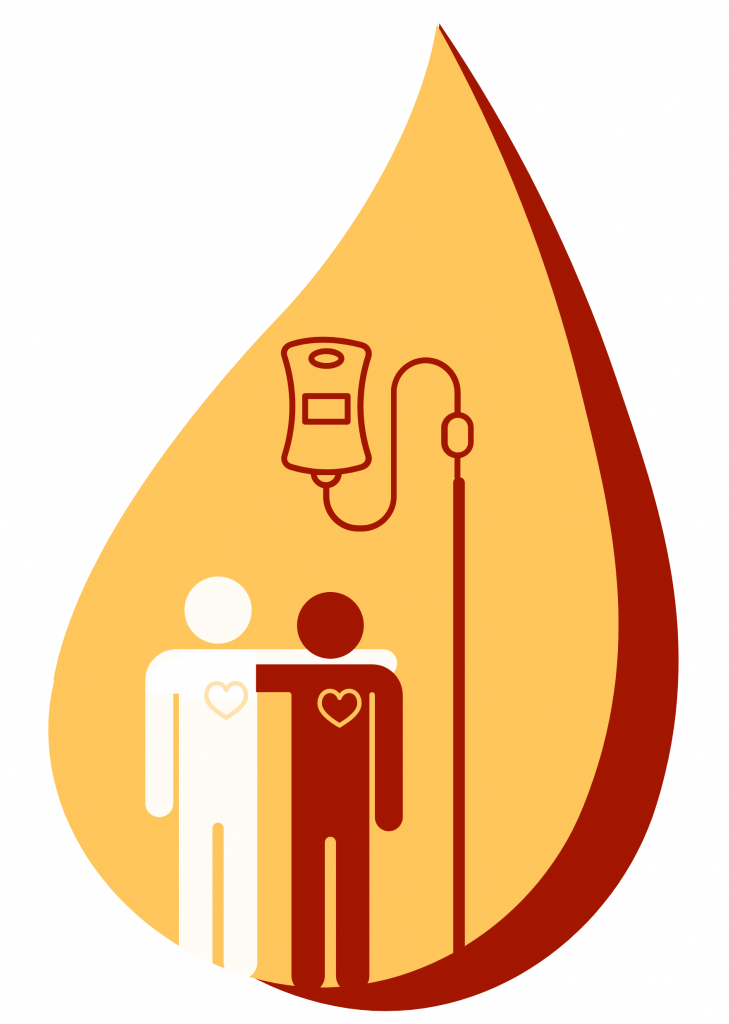If I Take PrEP/PEP
If I take PrEP/PEP
 People who want to donate are currently asked “In the last 4 months have you taken any medication to prevent HIV infection such as pre-exposure prophylaxis (PrEP) or post-exposure prophylaxis (PEP)?”
People who want to donate are currently asked “In the last 4 months have you taken any medication to prevent HIV infection such as pre-exposure prophylaxis (PrEP) or post-exposure prophylaxis (PEP)?”
While these amazing medicines are important for sexual health and general health maintenence, donors who take medicines such as PrEP and PEP are not able to donate until 4 months after they have stopped taking them. This is because these medications are fairly new and little is known about how they affect blood safety for donation. Some research has shown that these medications influence whether HIV can be detected and delays the window period.
If I or My Partner is Undetectable? (U=U: UNDETECTABLE = UNTRANSMISSIBLE)
People living with HIV, even when their viral loads are undetectable, are ineligible to donate blood or plasma – and so are their partners. It’s amazing that HIV care has reached a point where people’s viral loads can be undetectable. Undetectable equals untransmissible (U=U) means that people taking antiretroviral medicines (you may have heard the terms ART or anti-HIV drug cocktail) to suppress/treat the virus, whose viral loads have been made so low that they are undetectable, do not transmit the infection to their sexual partners. U=U applies to sexual transmission of HIV. At this point, it is not known whether U=U is true for transfusions. There has not been enough research to show whether that is the case or not (source: Association Bulletin).
The likelihood of HIV transmission is much higher by transfusion than for any individual sexual act. The amount of bodily fluids transferred during sexual activity involves a much smaller volume of fluid than what is entering the recipient’s body via a transfusion. At this point there is not enough research to know what an undetectable viral load would be for transfusion.
